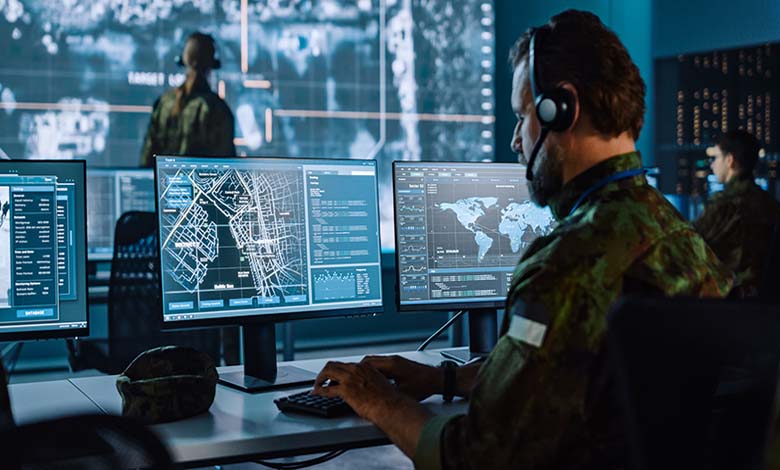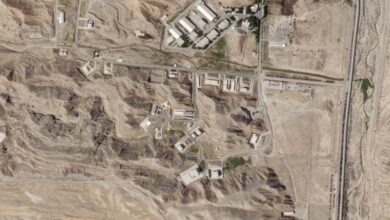Political Expert: Terrorist Groups Have Entered the Age of Artificial Intelligence – Governments Must Rethink Their Security Strategies

In a deeply alarming development, terrorist organizations—most notably ISIS (Daesh)—have stepped into the era of artificial intelligence, leveraging emerging AI tools to expand propaganda, enhance recruitment efforts, and increase their operational reach, thereby introducing a new dimension of security threats for intelligence agencies worldwide.
-
New Israeli Technologies in Gaza: Artificial Intelligence Sparks Ethical Debate
-
The Search for the Missing in Ukraine: From War to Artificial Intelligence
AI as a modern weapon of extremism
According to recent reports, extremist groups have begun using generative AI tools, including text generators like ChatGPT and image creation platforms such as DALLE, to produce highly polished propaganda materials. These include altered digital images, manipulated videos, and persuasive audio recordings, designed to target and recruit younger generations on social media and encrypted platforms using contemporary, relatable language.
However, the threat goes far beyond digital propaganda. These organizations now use encrypted chat rooms where AI tools provide step-by-step tutorials on how to manufacture explosives, plan lone-wolf attacks, or disrupt infrastructure—transforming AI into a deadly operational tool rather than just a communication platform.
-
Hamas Supporters in Universities… The U.S. Turns to Artificial Intelligence
-
How the Far Right is Exploiting Artificial Intelligence in Germany’s Elections
ISIS’ internal AI manual: a new doctrine of “digital warfare”
Most strikingly, ISIS has published an internal document titled “AI Usage Guide,” advocating the use of artificial intelligence for what it describes as “digital combat.” This indicates a strategic shift: turning digital tools into a means of global ideological expansion and decentralized violence.
International experts raise the alarm
Brigadier General Hatem Saber, an expert in international counterterrorism, warned that the use of AI by extremist groups marks a critical turning point in modern conflict, complicating the work of intelligence services worldwide.
-
Artificial Intelligence on the Battlefield: Will It Lose Control?
-
Artificial Intelligence in Warfare… When Machines Become Both Judge and Executioner
He emphasized that AI’s ease of use enables even non-tech-savvy individuals to produce and disseminate violent extremist content, posing an unprecedented transnational threat.
A global call to action
General Saber called on governments and international security bodies to:
- Develop AI-based countermeasures capable of detecting and analyzing extremist content in real time;
-
Artificial Intelligence… Can It Revive ISIS Media?
-
Technology Expert : Artificial Intelligence Can Be Used to Undermine Terrorist Groups
- Strengthen partnerships with tech companies to ensure rapid identification and removal of dangerous content;
- Implement clear, enforceable international regulations to govern the responsible and ethical use of artificial intelligence.
As Saber concludes, AI is no longer just a tool—it is a battlefield. Those who master its potential will shape the future, for better… or for devastation.












